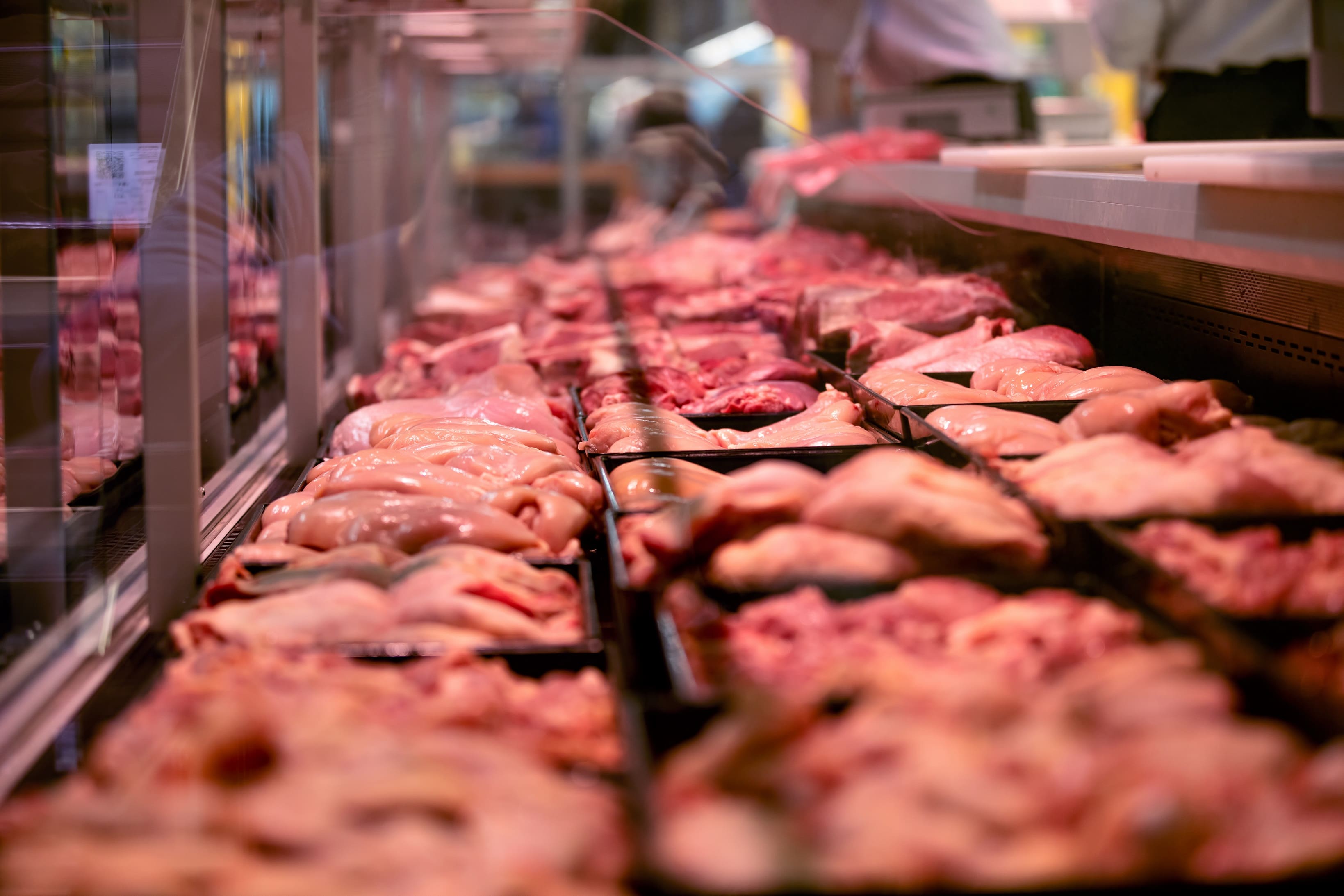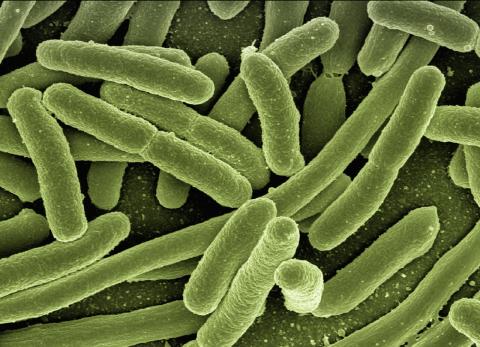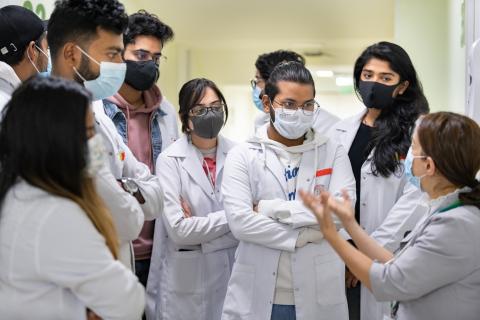Reaction: antibiotic-resistant bacteria identified in meat sold in Oviedo supermarkets
A research team including scientists from the University of Santiago de Compostela and the Centro Tecnológico Agroalimentario de Lugo has analysed the presence of potentially pathogenic bacteria in 100 meat samples bought in supermarkets in Oviedo, Spain in 2020. The researchers found E. coli bacteria which produce enzymes that make the bacteria resistant to various types of antibiotics in more than half of the turkey (68 %) and chicken (56 %) samples, and less frequently in beef (16 %) and pork (12 %) samples. They also found E. coli bacteria that can cause urinary tract infections. The team presented these results at the European Congress of Clinical Microbiology and Infectious Diseases (ECCMID), which is being held in Copenhagen, Denmark, until 18 April.

Adobe Stock.
Lucía Gallego - bacterias carne EN
Lucía Gallego Andrés
Professor of Medical Microbiology and researcher at the Faculty of Medicine and Nursing of the University of the Basque Country UPV/EHU
The study by García Menéndez et al. reflects very clearly, using a genetic detection methodology, the high presence of bacteria resistant to multiple antibiotics in the meat we commonly consume. These findings are in line with previous scientific evidence which warned that the inappropriate use of antibiotics in animal feed poses a significant risk to human health, as it selects resistant bacteria which produce infections that are difficult or impossible to treat.
However, to know the real consequences of the problem, it would be necessary to know the local epidemiology of these resistant isolates and resistance genes, and their presence in local patient infections. It would also have been interesting to know whether these genes are in mobile structures, such as plasmids, that ease the spread of these genes both within and between species, which further aggravates the problem.
Finally, it should be noted that the solutions to this problem are not unknown. They are not necessarily about the use of vaccines which, although they can be helpful, are currently not a solution within our reach given the number of different isolates, with different serotypes, and with a high antigenic variance.
The key to controlling this problem starts with the appropriate use of antibiotics—only when they are necessary and not as prevention to alleviate the effects of industrialised meat production (animals crowded in limited spaces, in unhealthy conditions, etc.). Human health is closely linked to animal and environmental health, a concept known as ‘One Health’, and the serious problems caused by resistant infections must be tackled at all these levels.
V. García Menéndez et al.
- Non-peer-reviewed
- Communication



